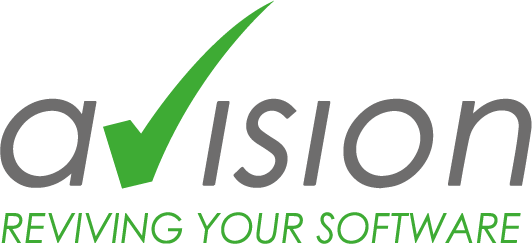Many companies want it, but not all of them can do it: agile software development. In addition to the methods and principles, individual core competencies play a decisive role here. IT service provider Avision shows what really matters for teams, product owners, scrum masters and stakeholders.
Not everywhere that says agile is agile. Numerous companies have been frustrated to discover this since the emergence of the methods of the same name. A common problem was that the new processes were imposed on employees, there was no room for personal responsibility and, most seriously, many simply did not want to work according to the new concepts. By now, the realization should have set in that agility is not right for everyone and that employees should have a certain repertoire of skills. So what is important?
- The team. Working in an agile team means working in a self-organized and interdisciplinary manner. The basis for a motivated team is therefore first and foremost an interest in and openness to new methods, a willingness to take on responsibility and critical thinking. In contrast to conventional approaches to software development, there is no classic role-based thinking in agile teams – for example, developers are also testers or take on the tasks of product managers. This requires a certain degree of flexibility, but mutual help and thinking outside the box are also key skills that help an agile team move forward.
- The product owners. Whether it’s a deep understanding of the product, the customer’s vision or managing the backlog, product owners are the direct link between end users, customers and development teams. Clear and transparent communication with internal and external contacts is just as important as recognizing and resolving conflicts and the ability to make sound decisions quickly. Agile product owners are also open to new approaches, negotiate compromises and trust their development teams.
- The Scrum Master. As a kind of moderator, scrum masters not only monitor the processes in agile projects, they also deal with the problems of individual team members and coordinate daily meetings, for example. In addition to comprehensive knowledge of agile working methods, strong coaching and mentoring skills are essential. Conflict management skills are also essential for scrum masters. In day-to-day business, however, they do not perform any management tasks, but allow the team to find solutions and provide advice. However, they must also be able to enforce process procedures, such as adherence to meeting times and efficient working methods.
- The stakeholders. Stakeholders, whether internal or external, are not part of the agile processes, but their actions can still ensure that projects are successful. They have a rather simple role to play here: finding trust in the team’s abilities, not interfering and ensuring optimal framework conditions for the project. Crucial skills here also include knowing what agility actually means, delegating projects and being open to new ideas. Good communication skills, constructive feedback and a general willingness to support agile principles, together with patience and trust, contribute to the successful completion of projects.
“Whether an agile project is successful or not starts with the first step – because not every topic can and should be implemented using agile methods,” explains Jürgen Bernert, Managing Director of Avision. “However, once companies have identified suitable projects, they should always proceed according to the premise of only selecting motivated and open-minded employees for them. Agility does not work at the push of a button and requires both the will and the appropriate skills. Once these are in place, however, the door to the numerous benefits of agile software development is wide open.”
This press release is also available at www.pr-com.de/de/avision.
Press contact
Avision GmbH
Christina Karl
Marketing
Bajuwarenring 14
D-82041 Oberhaching
Phone +49-89-623037-967
christina.karl@avision-it.de
PR-COM GmbH
Melissa Gemmrich
Sendlinger-Tor-Platz 6
D-80336 Munich
Phone +49-89-59997-759
melissa.gemmrich@pr-com.de



